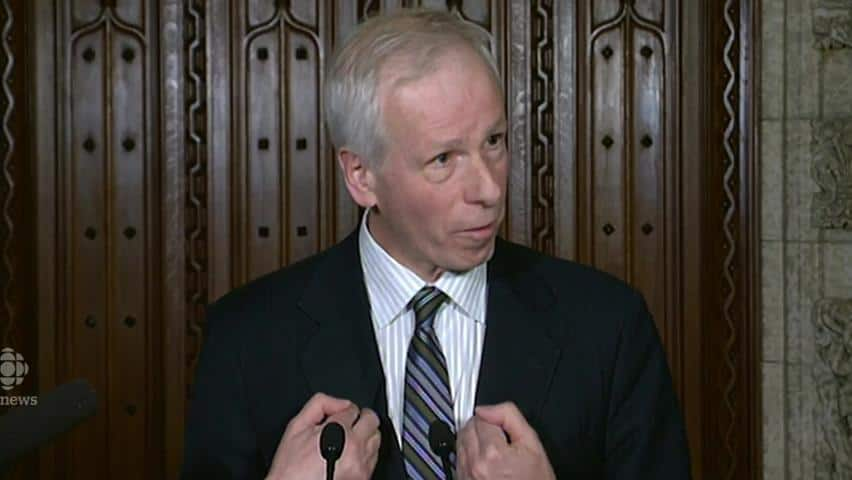Witness statements and reports which conflict with the Canadian government’s account of what occurred during the tragic January 29th, 2017 Quebec terror attack at the Islamic Cultural Centre of Quebec City raise questions about what actually happened the night of the tragedy. The evidence indicates that contrary to the official narrative, there was more than one gunman and multiple weapons were captured in the possession of arrestees. Media outlets also were so eager to claim the incident was caused by white supremacists that they were fooled into reporting false information from parody news accounts on twitter.
I. Multiple Media Sources Cited Witness Statements Claiming There Were Multiple Gunmen, Number Of Weapons Seized Inconsistent With “Lone Wolf” Narrative
The Canadian government’s claims that the Quebec shooting was a “lone wolf” incident is not consistent with multiple media reports and witness statements that there were at least two gunmen participating in the incident. Canadian news source Le Soleil reported that “at least one gunman” participated in the attack. A witness told the Canadian Broadcasting Corporation that they saw two masked gunmen enter the building, shout the Takbir (Islamic phrase “Allahu akbar” which means “God is great” in Arabic) and open fire on worshippers. The Sun also ran a statement from a 22 year old student named Abdi, who was reading the Koran with his friends at the time of the attack. Abdi similarly said he was convinced he had seen two attackers and that they shouted the Takbir before opening fire. Reuters also ran an additional report citing another witness statement which said that three attackers had taken part in the incident.
…click on the above link to read the rest of the article…










 So much is riding on the onset of the rainy season in Venezuela, where people across the drought-stricken country lined up on April 28, 2016, to buy food. So far, Caracas is being spared from energy-saving blackouts but its suburbs are increasingly being left in the dark. (Marco Bello/Reuters)
So much is riding on the onset of the rainy season in Venezuela, where people across the drought-stricken country lined up on April 28, 2016, to buy food. So far, Caracas is being spared from energy-saving blackouts but its suburbs are increasingly being left in the dark. (Marco Bello/Reuters)






 Broadly speaking, the bank cuts rates when it wants to stimulate the economy, and hikes rates when it wants to pump the brakes on inflation.
Broadly speaking, the bank cuts rates when it wants to stimulate the economy, and hikes rates when it wants to pump the brakes on inflation. “It does appear that the positive forces at work in the economy are starting to outweigh those that are negative,” the bank said in its statement Wednesday. “First-quarter GDP growth appears to have been unexpectedly strong.”
“It does appear that the positive forces at work in the economy are starting to outweigh those that are negative,” the bank said in its statement Wednesday. “First-quarter GDP growth appears to have been unexpectedly strong.”
